Elements: phytosanitary, food safety standards, best practices and system architecture, sanitary/veterinary control issues
Global agricultural markets have become increasingly complex in the past two decades, mainly because of increasing controls and standards designed to ensure food safety and prevent the spread of plant and animal diseases.
In food safety, weaknesses in national controls and in the implementation of global food regulations have led to an emergence of standards and requirements being set by the private sector, with the involvement of certification bodies and regional organizations in implementation and enforcement. FAO helps countries develop country-specific food control systems, regulations and standards that are in harmony with global food standards.
FAO addresses animal health by supporting veterinary services in the prevention and control of transboundary animal diseases, the improvement of diagnostic and laboratory capacities, and the promotion of the prudent use of antimicrobials. Antimicrobial resistance and zoonotic diseases are important cross-cutting issues. Plant health issues are covered through the development of capacities of plant protection organizations at regional and national levels. This Regional Priority Programme also helps regional bodies develop capacities in biosafety. Through this Priority Programme, regional biosafety networks will be strengthened for compliance with WTO agreements.
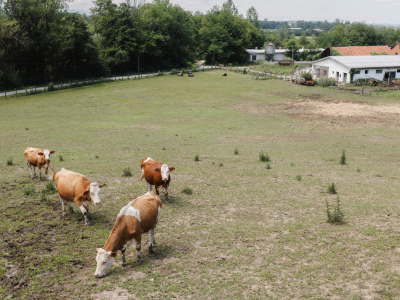
FAO regional workshop discusses response to ruminant disease outbreaks in Europe
26/06/2025
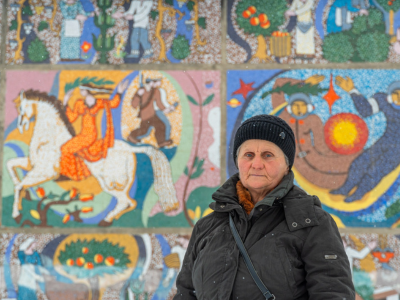
Smallholder woman farmer flourishing with innovative cheesemaking and modern dairy production practices in Georgia
06/06/2025
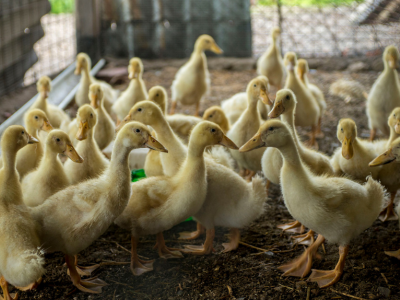
FAO launches two-year initiative to prevent antimicrobial resistance in the Moldovan agrifood sector
04/06/2025
The Republic of Moldova is stepping up its efforts to combat antimicrobial resistance (AMR) within its agrifood sector through a comprehensive new project launched by the Food and Agriculture Organization of the United Nations (FAO) in collaboration with national authorities. The initiative was inaugurated through a series of workshops held in Chișinău from 12 to 16 May 2025. More than 30 national partners from the agrifood and health sectors gathered to strengthen intersectoral cooperation and assess progress in the Republic of Moldova on combating AMR.

Virtual training for veterinarians aids in the reporting and prevention of zoonoses
30/05/2025
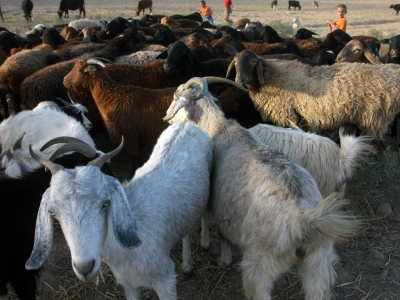
FAO: Cross-border collaboration is key to eradicate peste des petits ruminants by 2030
23/05/2025
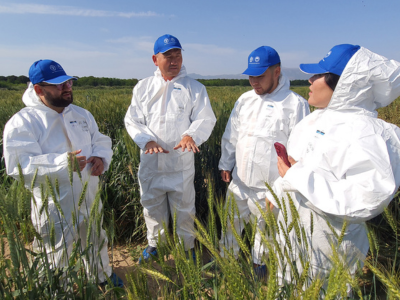
Where the wind carries hunger
13/05/2025
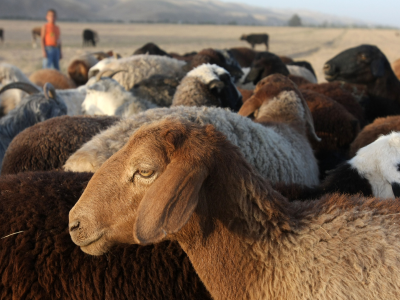
Uzbekistan pushes forward on PPR eradication with a national seromonitoring programme
07/05/2025
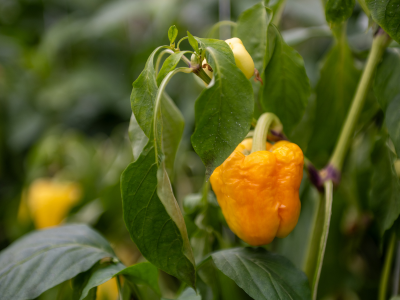
For the first time, FAO offers regional virtual learning course on tackling food loss and waste
30/04/2025
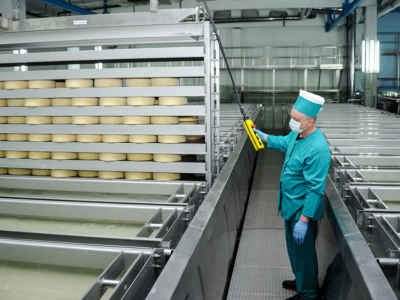
Belarus committed to taking food control systems to the next level
25/04/2025
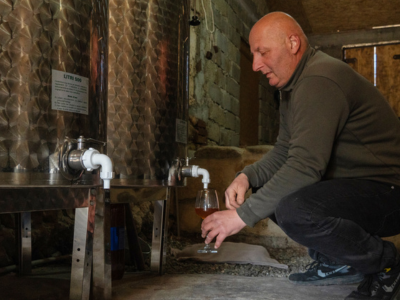
Endemic grape varieties attract agri-tourists
15/04/2025
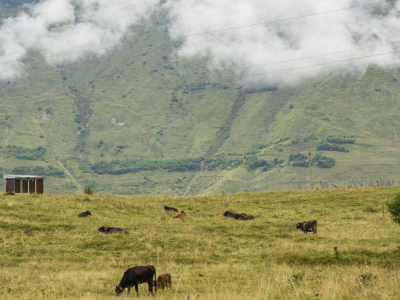
FAO takes lead coordination role for the One Health approach in Europe and Central Asia
11/04/2025
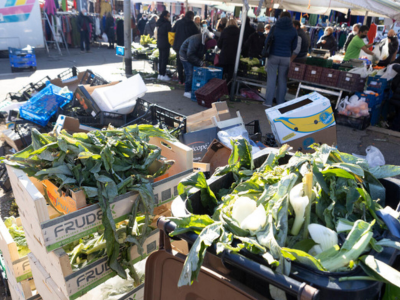
Recover and redistribute: Georgia’s cities lead food loss & waste fight
28/03/2025
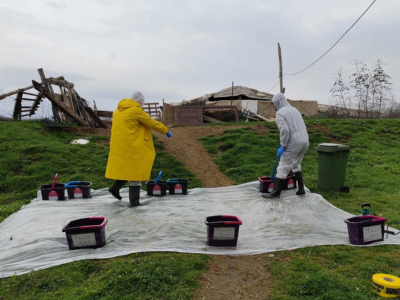
North Macedonia prepares against Peste des petits ruminants
27/03/2025
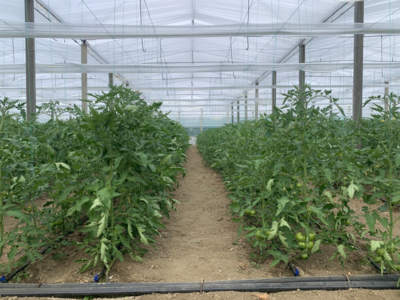
Advancing climate-smart agriculture in Albania
19/03/2025
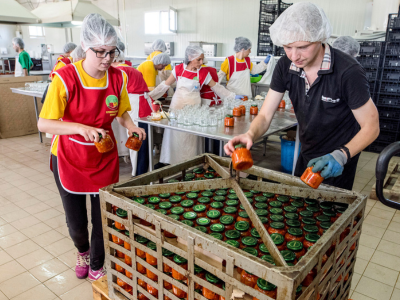
FAO and the Food and Veterinary Agency of North Macedonia promote Codex standards
06/03/2025
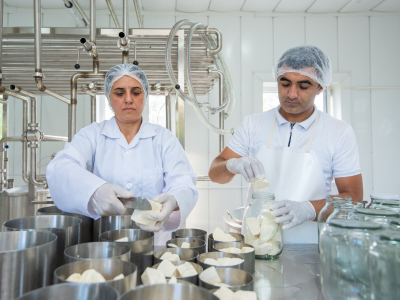
FAO and Azerbaijan partner for better health outcomes through strengthened food consumption data
27/02/2025
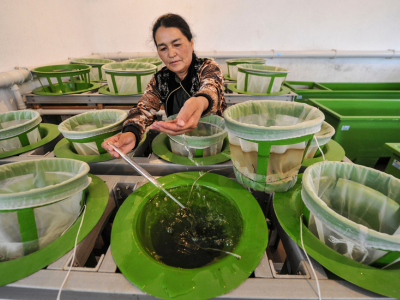
FAO assists in developing an aquaculture and fisheries workplace safety code for Central Asia and the Caucasus
26/02/2025
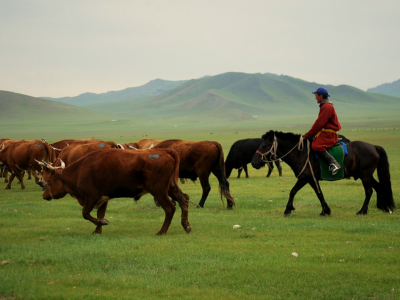
Central Asia and the Caucasus strengthen brucellosis prevention and control
04/02/2025
Brucellosis is a disease that primarily affects ruminants in many countries around the world. Due to its zoonotic nature – being transmissible from animals to humans – it often affects farm workers and rural populations. To further prevent brucellosis in Central Asia and the Caucasus, the Food and Agriculture Organization of the United Nations (FAO) has organized a three-day workshop, starting today, to assess countries’ status in the progressive control of brucellosis. The event brings together representatives from public health and veterinary authorities from Armenia, Azerbaijan, Georgia, Kazakhstan, Kyrgyzstan, Tajikistan, Turkmenistan and Uzbekistan.

UN Quadripartite puts One Health into practice to equip experts across Europe
16/01/2025
The One Health approach emphasizes the interconnected health of humans, animals, and ecosystems. By fostering collaboration across sectors like agriculture, healthcare, and environmental management, One Health aims to tackle complex global health challenges, such as emerging diseases, through integrated solutions. In a bid to enhance national capacities and bridge gaps between sectors, the Food and Agriculture Organization of the United Nations (FAO), alongside the World Health Organization (WHO), the World Organisation for Animal Health (WOAH), and the United Nations Environment Programme (UNEP), known as the Quadripartite, launched a Russian-language version of its One Health course.
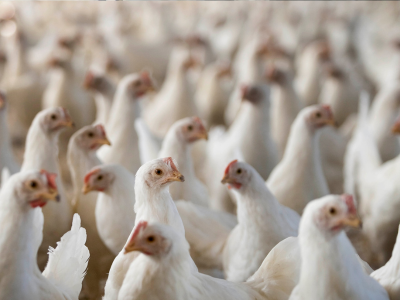
Online training by FAO enhances the preparedness of European veterinarians against avian flu
18/11/2024
Avian influenza, often referred to as bird flu, is a major transboundary disease with zoonotic potential. By 2024, more than 800 cases of human infection with avian influenza A(H5N1) virus were reported across 23 countries. The disease is present and actively spreading across Europe as well. While avian influenza viruses do not presently transmit easily between humans, continued circulation in poultry could lead to mutations that increase human-to-human transmissibility. In response, the Food and Agriculture Organization of the United Nations (FAO) is offering online training to equip European veterinarians, who are the first responders, with the skills needed to detect and react to this cross-species virus, helping to mitigate severe health impacts on both animals and people.
Components
- Implementation of trade agreements to increase access to new markets
- Increased capacity to implement global standards
- Supportive policy environment for domestic agrifood markets and export promotion


